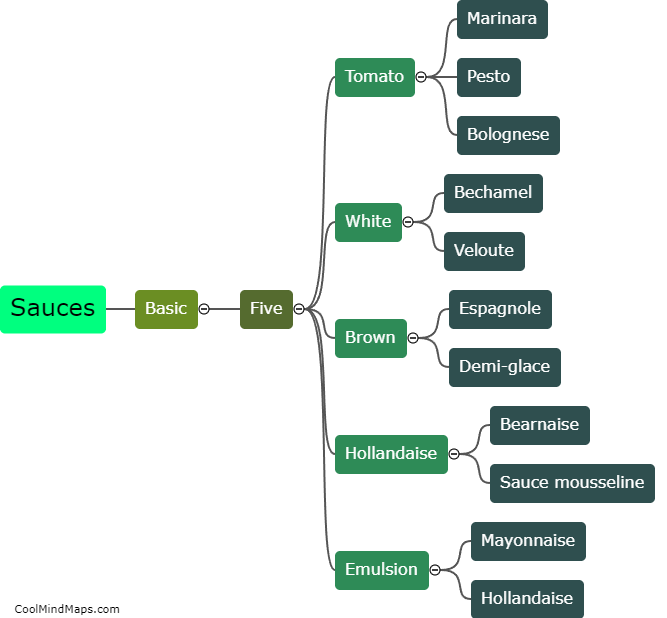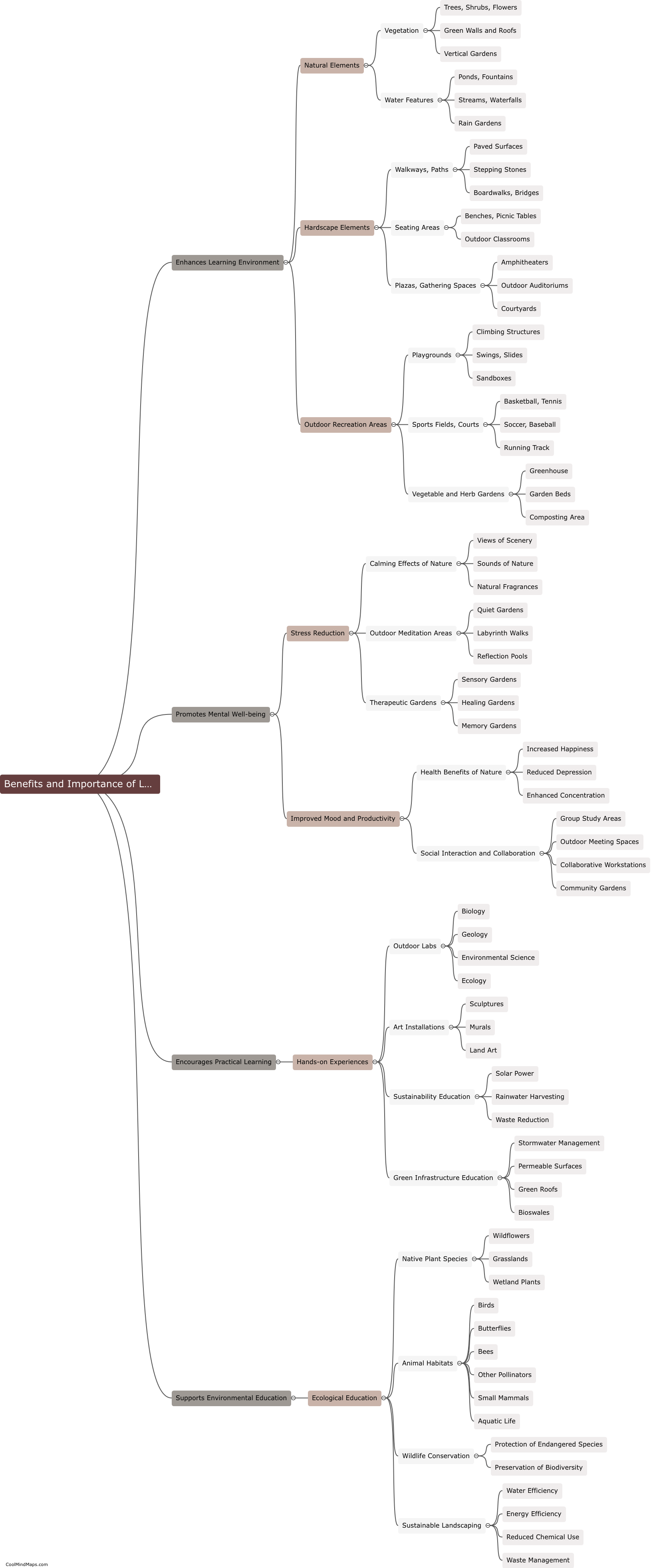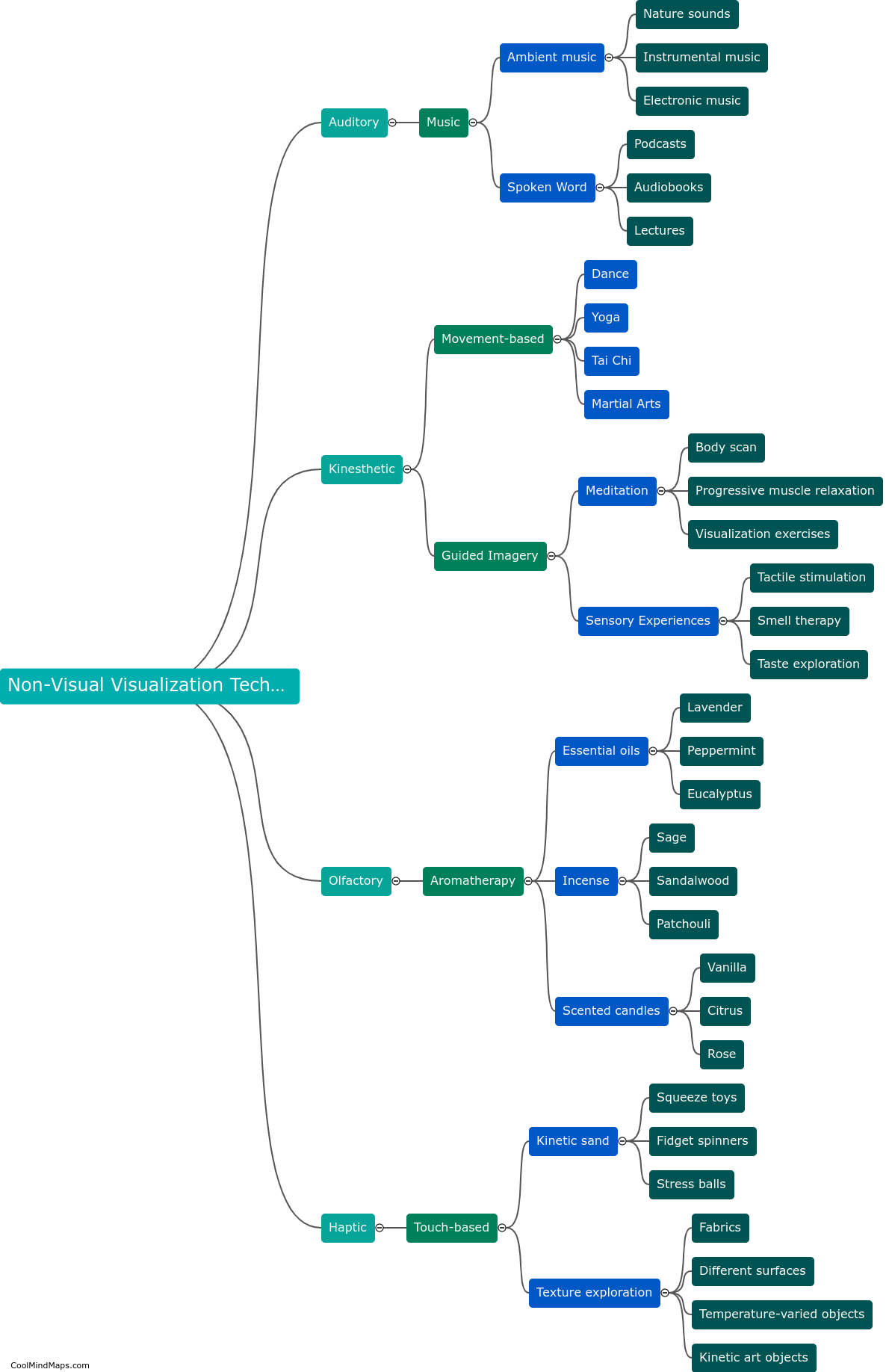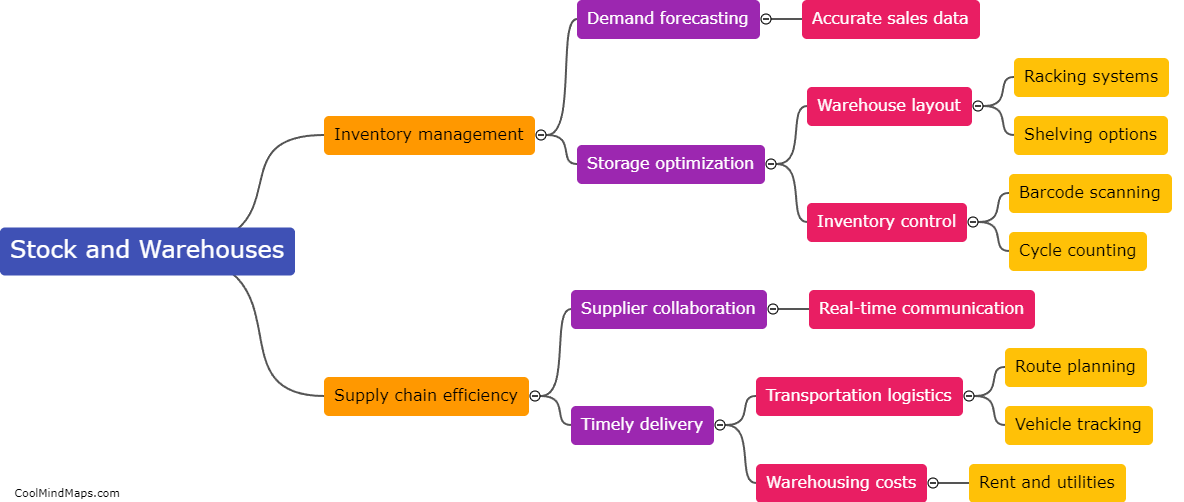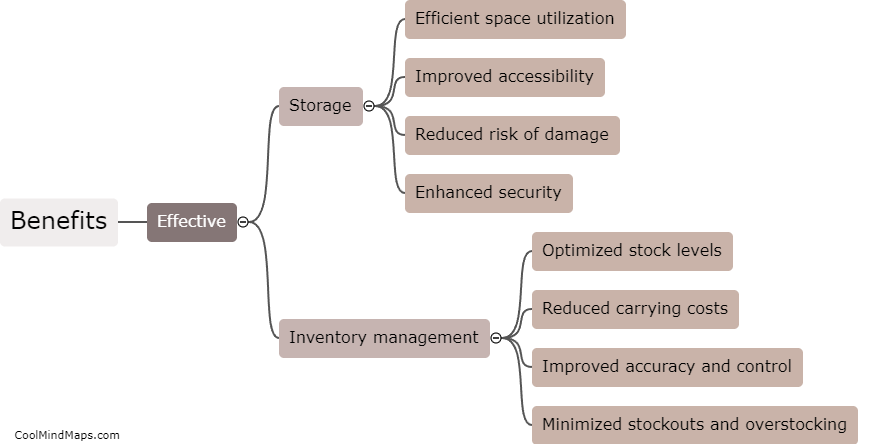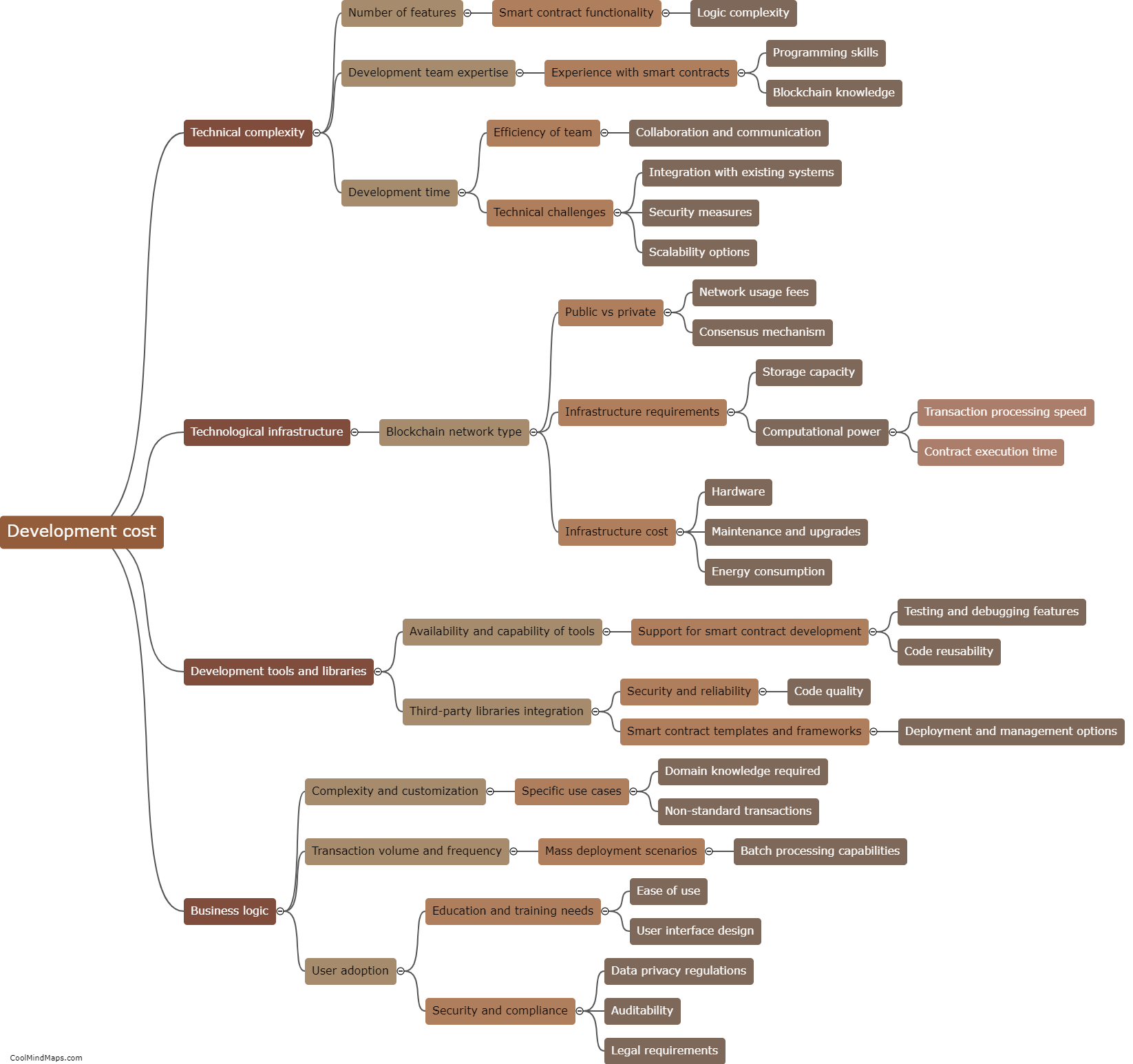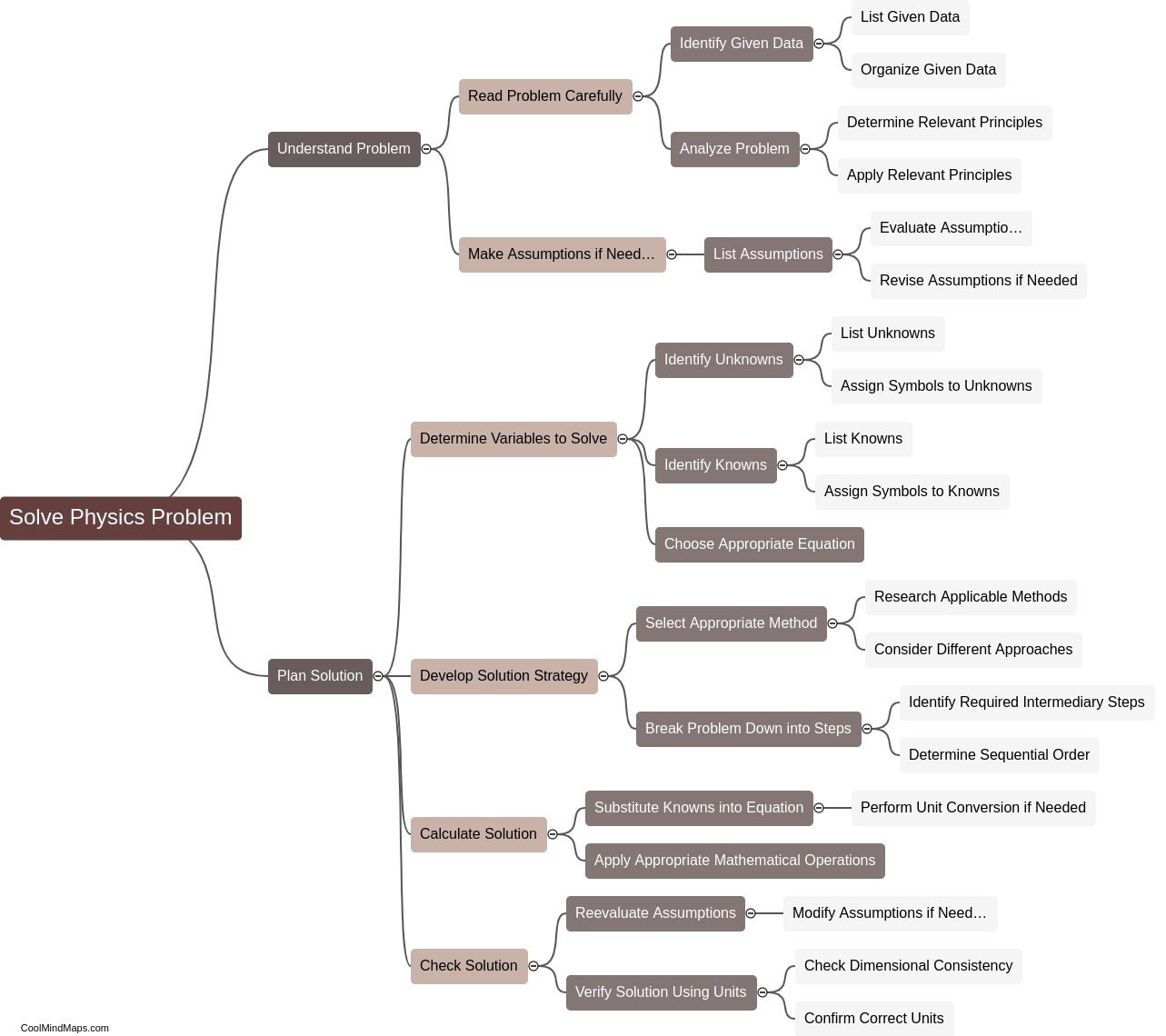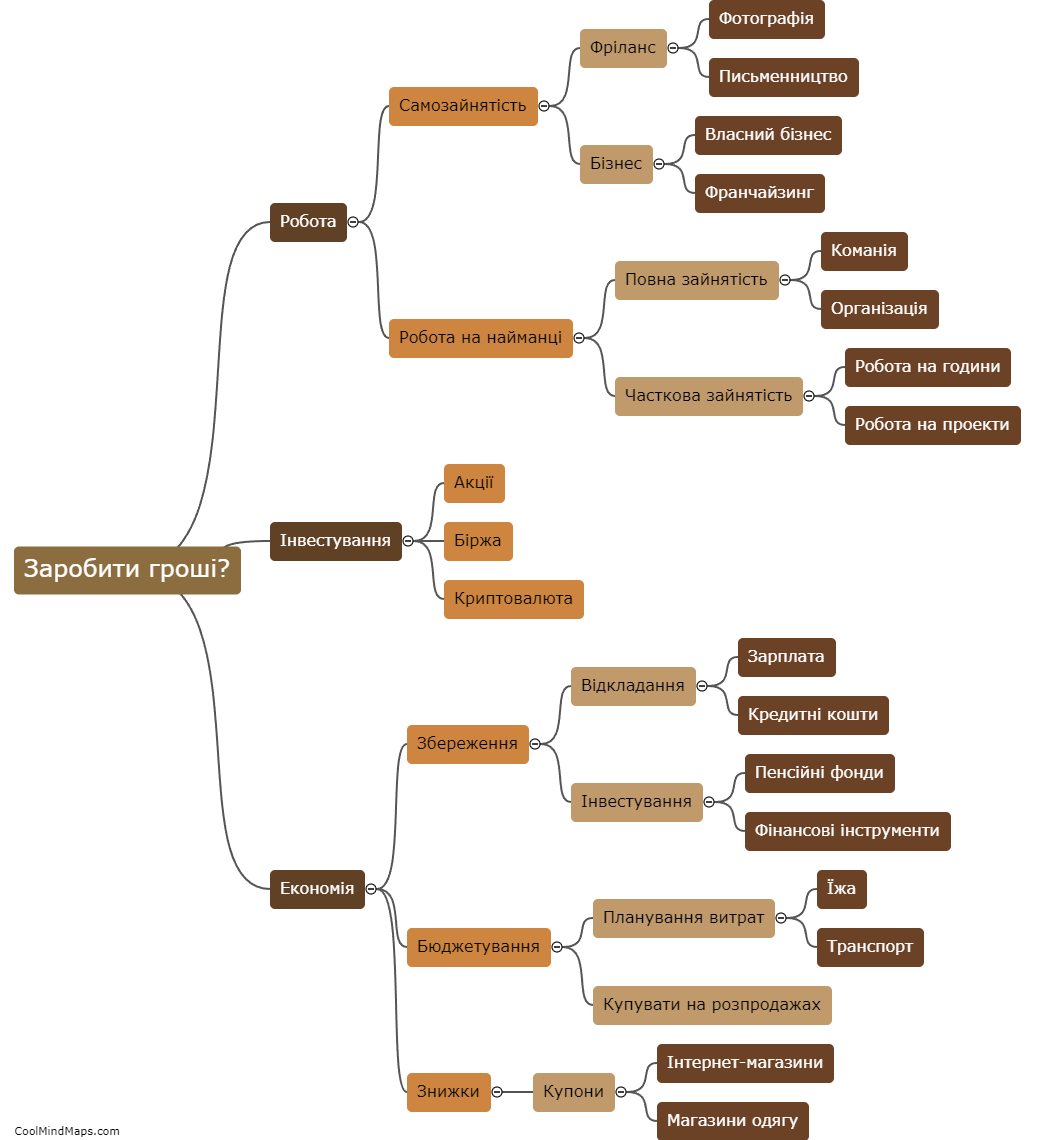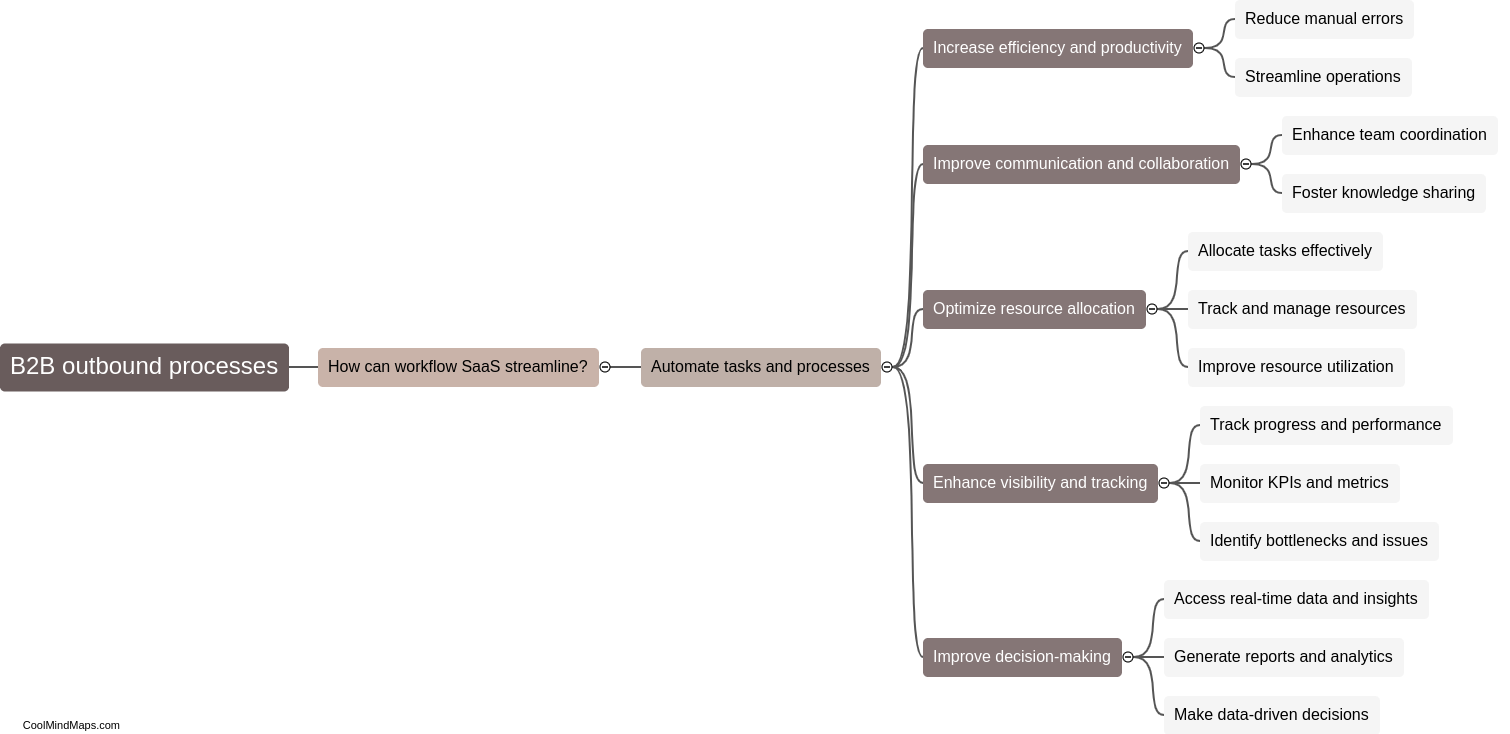What are the types of "Período composto"?
In Portuguese grammar, "Período composto" refers to compound sentences, which are made up of two or more independent clauses connected by conjunctions or punctuation marks. There are three main types of "Período composto": the coordinated compound sentence, the subordinated compound sentence, and the juxtaposed compound sentence. In a coordinated compound sentence, the independent clauses are connected by coordinating conjunctions like "e" (and), "ou" (or), or "mas" (but). In a subordinated compound sentence, one independent clause is the main clause, while the other is a subordinate clause introduced by a conjunction like "que" (that), "se" (if), or "enquanto" (while). Finally, a juxtaposed compound sentence has independent clauses placed side by side without a connecting conjunction, separated by punctuation marks like commas or semicolons.
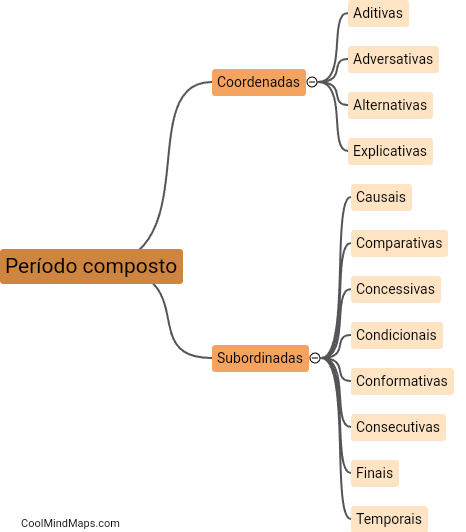
This mind map was published on 31 July 2023 and has been viewed 248 times.
